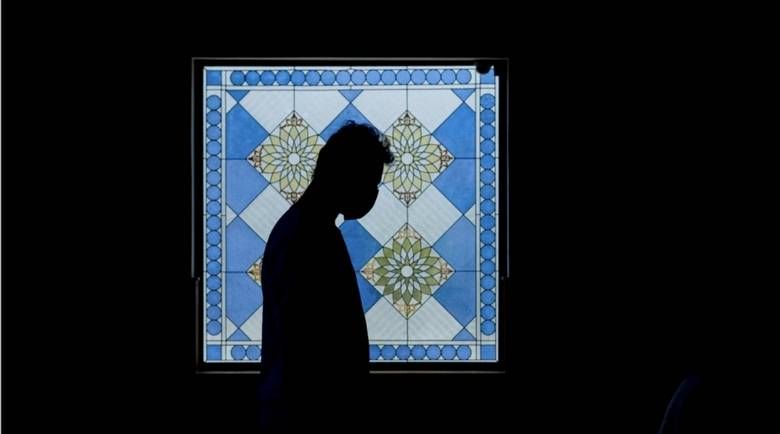Asymptomatic COVID-19 patients could fast during Ramadan if they feel fit to do it, a top Dubai cleric has reportedly said. Speaking to Khaleej Times, Dr. Mohammed Ayada Al Kobaisi, Grand Mufti at the fatwa section of the Islamic Affairs and Charitable Activities Department (IACAD) in Dubai, said that asymptomatic COVID-19 patients could fast during the Holy Month if they self-isolate themselves at home and comply with necessary precautionary protocols.
During the holy month of Ramadan, fasting is compulsory for all able Muslims as it is regarded as an act of worship. However, Islam allows people not to fast if they are not able to follow rituals due to valid reasons such as medical conditions.
Dr. Al Kobaisi noted that COVID-19 patients have been permitted not to fast during Ramadan due to health reasons. But if they are asymptomatic or have mild symptoms and do not require medications, they can continue to fast.
"The only condition for fasting for them is that they should be able to do so without causing themselves any physical harm or complications that may further worsen their health,” he added.
Dr. Al Kobaisi asserted that according to the principles of Islam, Allah never burdens a soul more than it can bear and intends unease.
"Allah has pardoned people who are unable to fast due to valid reasons," Dr. Al Kobaisi added, while quoting from a verse from the Holy Quran.
People experiencing any form of medical issues and think that fasting can worsen their health conditions have been exempted in order to protect them. In this regard, Dr. Al Kobaisi noted that SARS-CoV-2, which causes COVID-19, impacts people's immune systems differently. Therefore, the outcome of fasting may differ from person to person based on their medical situation and health condition.
"If a sick person feels that fasting may hamper the recovery process or cause greater damage to the body, then he/she is exempted. Some COVID-19 patients can even break their fast if they fear any physical harm may be caused due to fasting," Dr. Al Kobaisi added.
He called on people who have recovered from the disease to fast for the same number of days that they have missed, once they are healthy and able to do it. People with persisting health issues and the elderly are exempted from fasting. However, Dr. Al Kobaisi advised exempted people to compensate (fidyah) for missing fasting days by donating food to people in need.
"They have to give a compensation, which is giving a poor or needy person a meal or food, for each missed day of their fasting,” he said.
He also urged all COVID-19 patients to consult their trusted Muslim doctor about the possibility of fasting and follow their advice in order to ensure safety amid the prevailing circumstances.
These people are exempted from fasting according to the tenets of Islam:
· People suffering from any physical or mental ailment and feel that fasting would aggravate their health condition;
· People who are travelling may or may not fast noting the distance they have to cover (They must make up for missed fasting days later);
· Menstruating or pregnant women and lactating mothers (They must make up for missed fasting days later);
· Children who have not yet reached puberty;
· People with old age-related issues such as illnesses, weakness, and senility, are also exempted from fasting during Ramadan. But they can make up for missed fasts by donating food packets to the needy.
 AR
AR UR
UR
